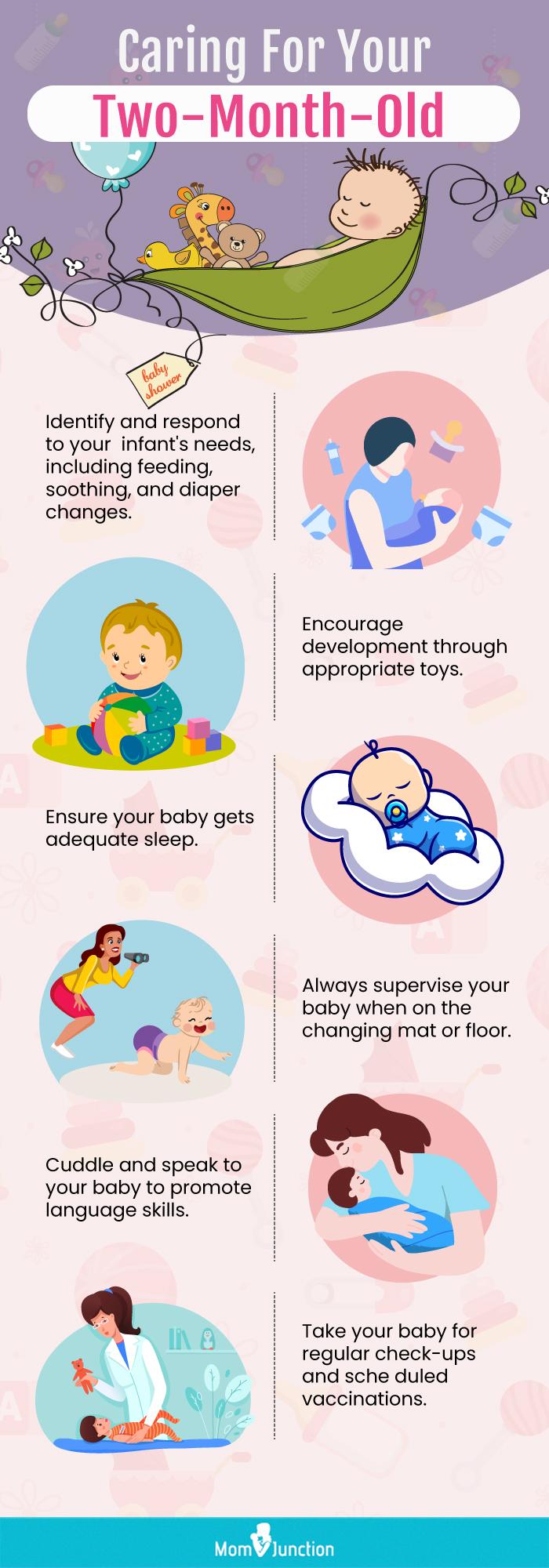
A Comprehensive Guide to Baby Care: Essential Tips for New Parents
Introduction
Parenthood is an extraordinary journey filled with immense joy and responsibility. Caring for a newborn baby can be both exhilarating and daunting, especially for first-time parents. To ensure the well-being and development of your little one, it is crucial to equip yourself with the necessary knowledge and skills. This comprehensive guide will provide you with essential baby care tips to help you navigate this transformative experience with confidence.
Feeding
- Breastfeeding: Breast milk is the ideal nourishment for infants, providing them with optimal nutrition and immunity. If you choose to breastfeed, seek support from a lactation consultant or healthcare professional to ensure proper latch and positioning.
- Bottle-feeding: If breastfeeding is not possible or desired, bottle-feeding with formula is a viable alternative. Choose a formula that meets your baby’s specific nutritional needs and follow the manufacturer’s instructions carefully.
- Feeding Schedule: Newborns typically feed every 2-3 hours, but this can vary depending on their individual needs. As they grow, their feeding frequency will gradually decrease.
- Burping: Burping your baby after each feeding helps release trapped air and prevent discomfort. Hold your baby upright over your shoulder and gently pat or rub their back until they burp.
Diapering
- Diaper Changes: Newborns require frequent diaper changes, up to 10-12 times a day. Use a clean diaper and gently wipe your baby’s bottom from front to back to prevent diaper rash.
- Diaper Rash: Diaper rash is a common skin irritation that can be caused by moisture, friction, or allergies. Apply a diaper rash cream or ointment to soothe and protect the affected area.
- Choosing Diapers: Select diapers that are absorbent, comfortable, and fit your baby snugly. Consider using disposable or cloth diapers based on your preferences and lifestyle.
Bathing
- Frequency: Newborns do not need to be bathed daily. Aim for 2-3 baths per week, or more often if needed.
- Water Temperature: Use lukewarm water and avoid using harsh soaps or detergents.
- Support: Hold your baby securely with one hand while bathing them with the other. Use a soft washcloth or sponge to gently clean their skin.
- Safety: Never leave your baby unattended in the bath, even for a moment.
Sleep
- Sleep Patterns: Newborns sleep for short periods throughout the day and night. Their sleep patterns will gradually become more regular as they grow.
- Safe Sleep Environment: Create a safe sleep environment by placing your baby on their back in a firm crib or bassinet. Avoid using pillows, blankets, or stuffed animals that could pose a suffocation risk.
- Swaddling: Swaddling can help calm and soothe newborns by creating a snug and secure feeling. Use a soft, breathable blanket to wrap your baby snugly, but not too tightly.
- Sleep Cues: Observe your baby’s sleep cues, such as yawning, rubbing their eyes, or becoming fussy. Responding to these cues can help establish a regular sleep routine.
Health and Safety
- Immunizations: Immunizations are essential for protecting your baby from serious diseases. Follow the recommended immunization schedule provided by your healthcare provider.
- Sick Care: If your baby shows signs of illness, such as fever, cough, or diarrhea, contact your healthcare provider promptly.
- First Aid: Learn basic first aid techniques, such as how to perform CPR and stop bleeding.
- Car Seat Safety: Always use a properly installed car seat when transporting your baby. Choose a seat that is appropriate for their age, weight, and height.
Bonding and Development
- Skin-to-Skin Contact: Holding your baby close to your skin promotes bonding and helps regulate their body temperature.
- Talking and Singing: Engage with your baby through talking, singing, and reading. This helps stimulate their language development and cognitive skills.
- Playtime: Playtime is essential for your baby’s physical, cognitive, and social development. Provide them with age-appropriate toys and activities that encourage exploration and learning.
- Massage: Gentle baby massages can help soothe and relax your baby, while also promoting bonding and circulation.
Other Essential Tips
- Establish a Routine: A consistent routine can help your baby feel secure and predictable.
- Track Feedings and Diapers: Keep a record of your baby’s feedings, diaper changes, and sleep patterns. This can help you identify any changes or concerns.
- Seek Support: Don’t hesitate to ask for help from family, friends, or healthcare professionals when needed.
- Take Care of Yourself: Caring for a newborn can be demanding. Prioritize your own physical and mental well-being by getting enough sleep, eating healthy, and seeking support when needed.
Conclusion
Baby care is a multifaceted journey that requires patience, love, and a commitment to your child’s well-being. By following these essential tips, you can provide your newborn with the nurturing environment they need to thrive and develop. Remember that every baby is unique, and their needs may vary. Always consult with your healthcare provider for personalized guidance and support. Embrace the challenges and joys of parenthood, and cherish the precious moments as you witness your little one grow and flourish.
